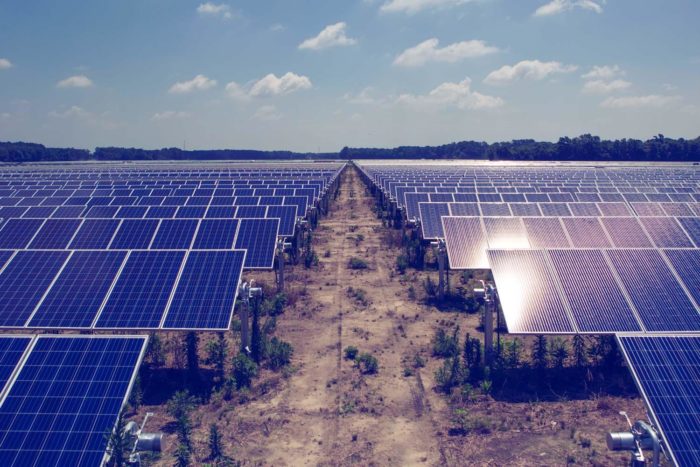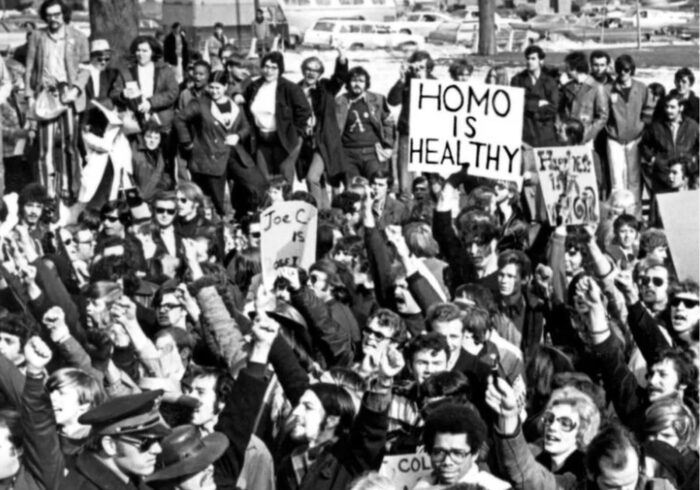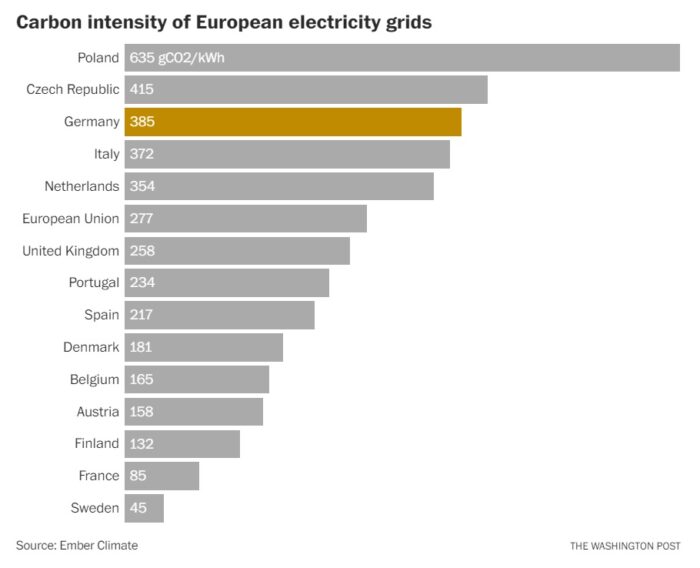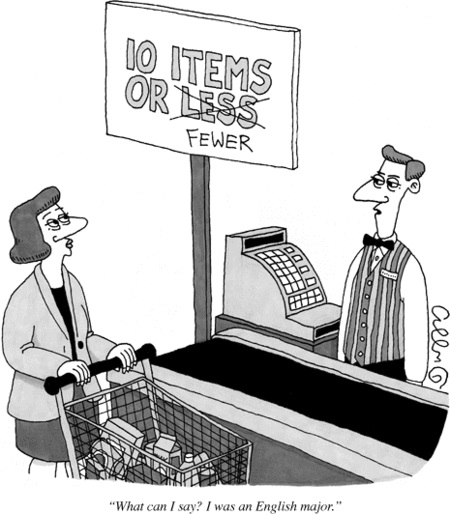Jun 30 2023
A Climate Rebuttal
 The climate change discussion would benefit most from good-faith evidence and science-based discussion. Unfortunately, humans tend to prefer emotion, ideology, motivated reasoning, and confirmation bias. As an example, I was sent an excerpt from a climate change podcast as a “rebuttal” to my position. The content, however, does not address my actual position, and I find many of the arguments highly problematic. This one is coming from a perspective that climate change is real and a definite problem that needs to be addressed, but seems to be advocating that the best solution is to be all-in on wind and solar without needing other solutions.
The climate change discussion would benefit most from good-faith evidence and science-based discussion. Unfortunately, humans tend to prefer emotion, ideology, motivated reasoning, and confirmation bias. As an example, I was sent an excerpt from a climate change podcast as a “rebuttal” to my position. The content, however, does not address my actual position, and I find many of the arguments highly problematic. This one is coming from a perspective that climate change is real and a definite problem that needs to be addressed, but seems to be advocating that the best solution is to be all-in on wind and solar without needing other solutions.
The podcast is The Energy Transition Show and here is the episode I was sent: https://xenetwork.org/ets/episodes/episode-200-ets-retrospective/. As a rebuttal to my position and what seems to be the position of many experts, their arguments are strawmen, but a particular kind of strawmen. One way to create a strawman argument it to portray the most extreme position as “the” counter opinion to your own. This sets up a false dichotomy – either you agree with us or you are advocating for this extreme and easily refutable position, ignoring vast territory between two extremes. Here’s the beginning of the excerpt:
[00:34:15] ….this argument against the energy transition, which seems to be falling by the wayside since you started in 2015, is this claim that we could never run a power grid with a large share of renewables due to their quote unquote intermittency? Right. You know, back in 2015, there were a lot of people insisting that the power grid couldn’t support more than maybe a high single digit, low double digit percentage of renewable power due to this intermittency, and that we would need to maintain significant amounts of baseload generators that run close to full time, like coal, nuclear plants, to ensure reliable operation of the power grid. But that has not turned out to be true, at least not yet, at the levels of penetration we’re seeing and we’re seeing very high levels of penetration in California. A couple weeks ago, I think 97% renewables at one point in time. And so I don’t really hear those arguments nearly as often anymore. But I am very interested in where you think those arguments have gone.
[00:35:55] Chris Nelder: Yeah, well, we were just talking about terminology and the preference of some people to start calling natural gas fossil gas or methane. I have a strong aversion to the term intermittency. That’s a term that really I think came from the fossil fuel industry as a way of casting doubt on renewables and making them sound unreliable or hard to forecast or in some way or another, not something that we can count on. And that’s just not the case.
The notion that the grid cannot take more than single digits or low double digits of intermittent sources may be a talking point on the climate change denial end of the spectrum, but that is not the mainstream perspective arguing that we should not rely entirely one wind and solar. Also, I have never read the argument from any expert that the grid cannot function with high penetration of wind and solar, only that it becomes more challenging and high penetration. One side note, many sources use the term “renewable” source or explicitly refer to WWS – wind, water, and solar. But hydropower is not intermittent, it can be dispatchable, and can be use for grid storage through pumped hydro. So including that in the discussion muddies the waters.

 On the current episode of the SGU, because it is pride month, we expressed our general support for the LGBTQ community. I also opined about how important it is to respect individual liberty, the freedom to simply live your authentic life as you choose, and how ironic it is that often the people screaming the loudest about liberty seem the most willing to take it away from others. That was it – we didn’t get into any specific issues. And yet this discussion provoked several responses, filled with strawman accusations about things we never said, and weighed down with a typical list of tropes and canards. It would take many articles to address them all, so I will focus on just one here. One e-mailer claimed: “It is obvious to me that the 98% of trans people have a mental illness that should be treated like any other mental illnesses.”
On the current episode of the SGU, because it is pride month, we expressed our general support for the LGBTQ community. I also opined about how important it is to respect individual liberty, the freedom to simply live your authentic life as you choose, and how ironic it is that often the people screaming the loudest about liberty seem the most willing to take it away from others. That was it – we didn’t get into any specific issues. And yet this discussion provoked several responses, filled with strawman accusations about things we never said, and weighed down with a typical list of tropes and canards. It would take many articles to address them all, so I will focus on just one here. One e-mailer claimed: “It is obvious to me that the 98% of trans people have a mental illness that should be treated like any other mental illnesses.” I have been writing blog posts and engaging in science communication long enough that I have a pretty good sense how much engagement I am going to get from a particular topic. Some topics are simply more divisive than others (although there is an unpredictable element from social media networks). I wish I could say that the more scientifically interesting topics garnered more attention and comments, but that is not the case. The overall pattern is that topics which have an ideological angle or affect people’s world-view inspire more passionate criticism or defense. Timed drug release is an important topic, with implications for potentially anyone who has to take medication at some point in their lives. But it doesn’t challenge anyone’s world view. ESP, on the other hand, is a fringe topic likely to directly affect no one, but apparently is 70 times more interesting to my readers (using comments as a measure).
I have been writing blog posts and engaging in science communication long enough that I have a pretty good sense how much engagement I am going to get from a particular topic. Some topics are simply more divisive than others (although there is an unpredictable element from social media networks). I wish I could say that the more scientifically interesting topics garnered more attention and comments, but that is not the case. The overall pattern is that topics which have an ideological angle or affect people’s world-view inspire more passionate criticism or defense. Timed drug release is an important topic, with implications for potentially anyone who has to take medication at some point in their lives. But it doesn’t challenge anyone’s world view. ESP, on the other hand, is a fringe topic likely to directly affect no one, but apparently is 70 times more interesting to my readers (using comments as a measure). Germany has been thrown around a lot as an example of both what to do and what not to do in terms of addressing global warming by embracing green energy technology. It’s possible to look back now and review the numbers, to see what the effect was of its decision to embrace renewable technology and actively shut down their nuclear power plants. The numbers, I think, tell a pretty clear story.
Germany has been thrown around a lot as an example of both what to do and what not to do in terms of addressing global warming by embracing green energy technology. It’s possible to look back now and review the numbers, to see what the effect was of its decision to embrace renewable technology and actively shut down their nuclear power plants. The numbers, I think, tell a pretty clear story. Grand conspiracy theories are a curious thing. What would lead someone to readily believe that the world is secretly run by evil supervillains? Belief in conspiracies correlates with feelings of helplessness, which suggests that some people would rather believe that an evil villain is secretly in control than the more prosaic reality that no one is in control and we live in a complex and chaotic universe.
Grand conspiracy theories are a curious thing. What would lead someone to readily believe that the world is secretly run by evil supervillains? Belief in conspiracies correlates with feelings of helplessness, which suggests that some people would rather believe that an evil villain is secretly in control than the more prosaic reality that no one is in control and we live in a complex and chaotic universe. After publishing thousands of blog posts I have found that sometimes the most trivial topics garner the most debate, both in amount and intensity. I wouldn’t call it a rule, just a casual observation, likely rife with confirmation bias. But at the very least I am surprised sometimes by how vehemently people will argue about points that are ultimately subjective and of little importance.
After publishing thousands of blog posts I have found that sometimes the most trivial topics garner the most debate, both in amount and intensity. I wouldn’t call it a rule, just a casual observation, likely rife with confirmation bias. But at the very least I am surprised sometimes by how vehemently people will argue about points that are ultimately subjective and of little importance.




